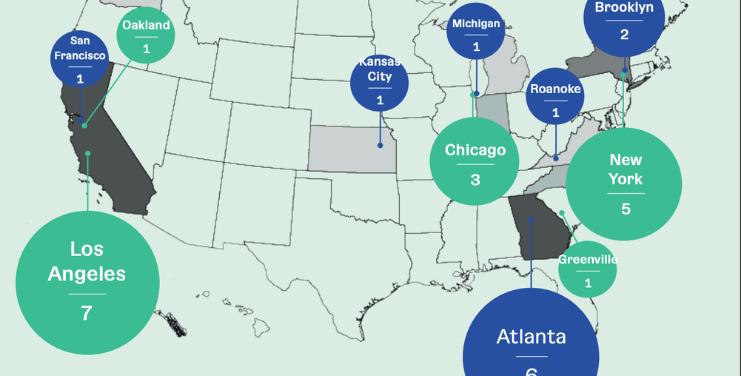The covid pandemic has taken its toll on the workforce, drawing workers to extremes. Black and Hispanic workers are leading the charge of looking for better opportunities, with 67 and 82 percent of workers looking for new jobs, respectively. Schedule flexibility, expanded benefits and higher compensation are driving workers to look for new roles, according to a recent PwC survey.
While a majority of Black and Hispanic workers are actively looking for new opportunities, data on all workers suggests many are taking the plunge and leaving their jobs. Job openings across industries increased by 6.5 percent from last quarter, with both low-wage workers and knowledge workers quitting at high rates.
The latest data from the Bureau of Labor Statistics indicates the largest increase in job openings was in professional and business services with 227,000 new openings; financial services, engineering and research saw a higher number of workers quitting than other fields.
While the kind of work being done matters, there were conflicting trends among Black workers. At the start of the pandemic, Black and Hispanic workers were least likely to be able to work remotely, a factor cited as something that would make Black workers feel a greater sense of belonging at their jobs, according to a Slack survey from June.
Heightened worker demand may mean workers have more power to set the terms of their employment, if not forgo working with an organization that isn’t meeting their standard of work. Making concessions and meeting employee’s working expectations is only one part of the equation.
While burnout has been cited as one of the reasons for “the great resignation”, an increase in entrepreneurship has also played a role in the phenomenon, with an uptick in the number of new businesses started by Black adults in 2020, an increase that outpaced any other racial group in the U.S.
Data from the Kauffman Foundation found that Black adults accounted for one in six new entrepreneurs last year, with an average 380 Black adults becoming entrepreneurs per every 100,000 last year, compared to 240 per 100,000 the year prior.
Black professionals created businesses at an increased rate, yet many of them also failed at a higher rate. According to Census data, Black Americans owned 637,769 businesses as of April 2020 a 41 percent loss from February 2020 when there were nearly 1.1 million Black-owned businesses.
The simultaneous loss and creation cycle of entrepreneurship and rebuilding could mean that Black workers are attempting to create opportunities where they had not existed.
Unemployment rates among Black workers remained higher than among other races in the U.S. As of June, 9.2 percent of Black workers were unemployed, compared to the national average of 5.9 percent.
The current trend may be for workers to leave their jobs voluntarily but unemployment data indicates that more Black professionals are looking for jobs and unable to find them. It’s unclear if the quitting trend will continue and for how long, but as the economy rebounds U.S. workers seem confident that better employment awaits them.








